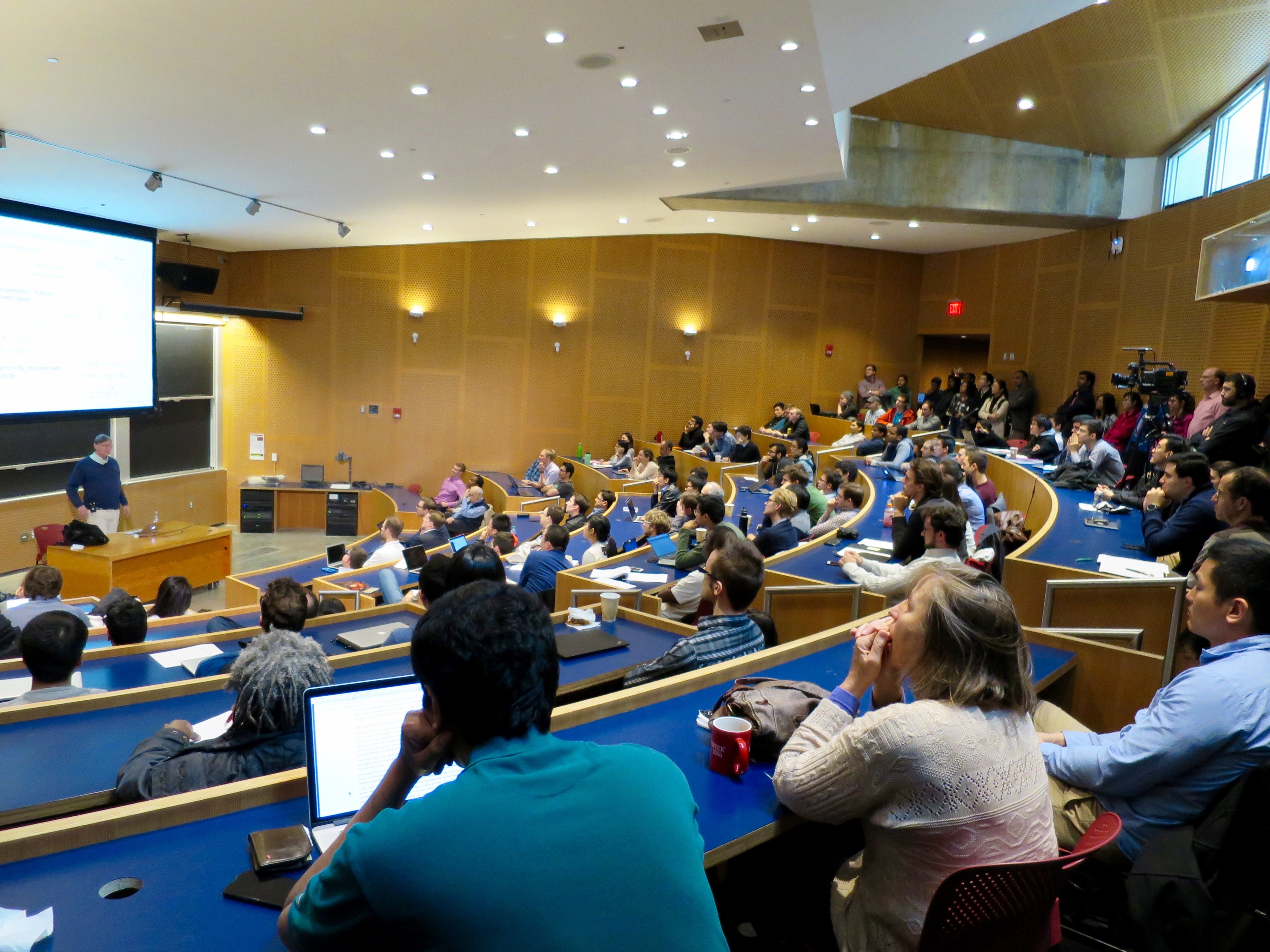IDSS Distinguished Seminar – Essential Concepts of Causal Inference: A Remarkable History
MIT Building 32, Room 141 The Stata Center (32-141), 32 Vassar Street, Cambridge, MA, United StatesAbstract I believe that a deep understanding of cause and effect, and how to estimate causal effects from data, complete with the associated mathematical notation and expressions, only evolved in the twentieth century. The crucial idea of randomized experiments was apparently first proposed in 1925 in the context of agricultural field trails but quickly…


